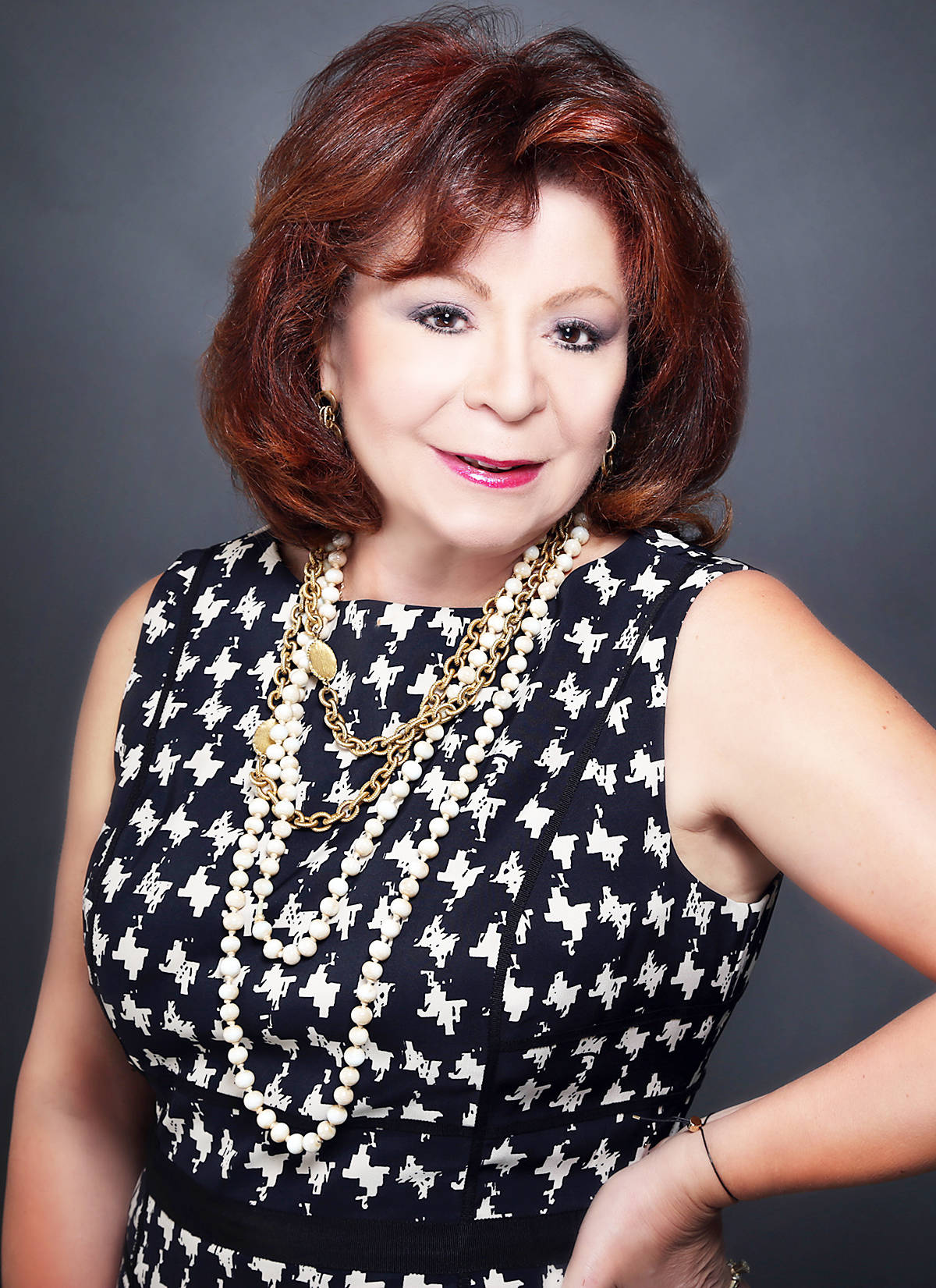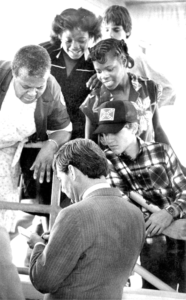

By Gayle Andrews
The Bob Graham story is one that changed the face of Florida politics forever. But more importantly, his forty-year tenure brought Floridians something they never had, access to the state’s most revered leader in modern times. While the wealthy south Floridian started his political career on a traditional course, he would careen on to an uncharted path that endeared him to Floridians for the rest of his life.
Early in his career, he was representing Dade and parts of Broward County in a legislature controlled by the last vestiges of the North Florida Pork Chop Gang. And that environment was no place for lofty ideas. As a television news reporter covering the capitol, I remember Graham’s education committee chairmanship role and his passionate debate on education reform. At that time, the Florida Senate was a bastion of decorum and eloquent speeches, but Senate bosses were not persuaded by Graham’s big ideas.

That indifference made Graham dig in. After he complained about students lacking knowledge of civics, Carole City High School teacher Sue Reilly dared him to teach the class to see if he could do any better. Graham accepted the challenge launching his first “Workday” as a teacher. The Workdays phenomenon was a remarkable conduit to the everyday Floridian. They never saw anything like it. A gubernatorial candidate doing a day’s work alongside garbage men, cooks, pilots, waiters, mechanics, and every job in the Sunshine State was unheard of. In June of 1977, Graham took a break from his job building mobile homes and without fanfare, dressed in work clothes, accompanied by his wife Adele, went to the Press Center to formally announce his candidacy for governor.
Though a dark horse Graham jettisoned onto television news shows and the front pages of Florida newspapers. And with every passing day, he became a bigger threat to front-runner Bob Shevin the Attorney General. The ruddy-skinned solemn Shevin was a sharp contrast to the baby faced Graham. On his bellhop workday Graham even delivered a suit bag to the General’s penthouse suite. His wife Myrna was not happy. Graham not only brought youth and vigor to the campaign but hope for a better quality of life.
In the Black Community, Graham was paying attention beyond the cursory visits to Black churches. He was working on jobs with them in their communities, and taking note of their struggles. For my father and grandfather, prominent Black leaders, and newspaper publishers, loyalty to Shevin was a given. So, my warning rang hollow to the long standing precedent. But he won Dad over quickly and I moved up a peg on the credibility ladder.
Graham would beat Shevin decisively in the runoff and trounced drug store magnate Jack Eckard to become governor. For Tallahassee’s political elite, the new chief executive was an unknown who had abandoned standard political norms to win. For Black Floridians, it meant that the end of the campaign would signal the beginning of a partnership for change. Graham appointed more Blacks to his staff, cabinet, the courts, boards, and important higher education posts than any Governor in state history. The intrigue surrounding the Bob Graham mystique was the fact that constituents saw him in a different light. We knew him. We appreciated his curiosity and interest in improving our lives. Born into a life of privilege, he chose public service instead, producing programs that influence generational progress impacting everyone.
Gayle Andrews was a member of the Capitol Press Corps for 14 years. She is a graduate of Florida A & M University and the president of the Black Press Association of Florida.

Be the first to comment